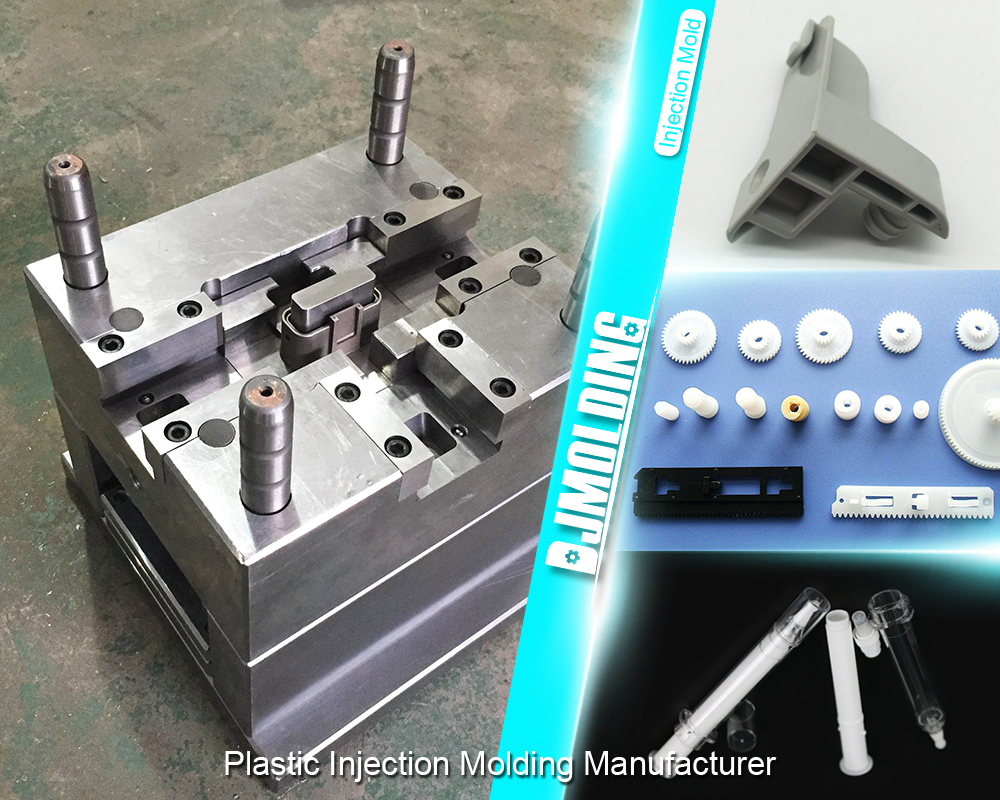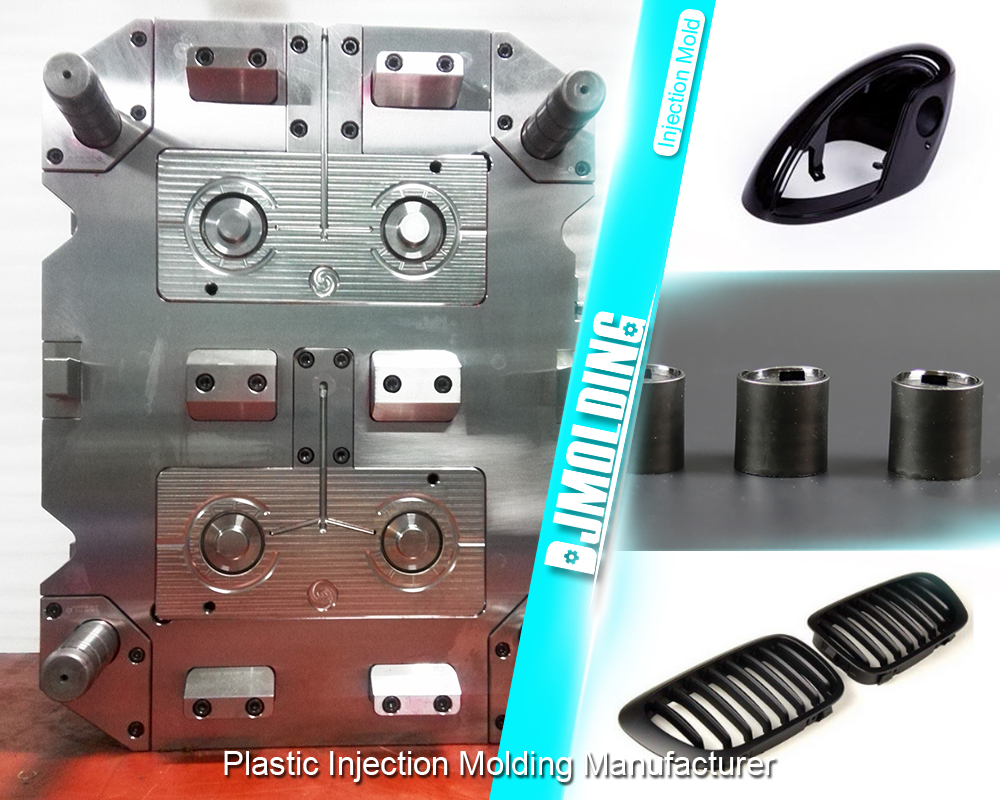Using Low-Volume Manufacturing China Manufacturers For New Plastic Products
Low-volume manufacturing refers to the production of small quantities of a product, typically ranging from a few hundred to a few thousand units. This approach is often preferred by businesses that are launching new products or testing the market before committing to large-scale production. China has emerged as a popular destination for low-volume manufacturing due to its vast manufacturing capabilities, cost advantages, and skilled workforce.
China’s reputation as the “world’s factory” is well-deserved, as it has a robust manufacturing infrastructure and a wide range of industries. The country offers a competitive advantage in terms of cost, with lower labor and production costs compared to many other countries. Additionally, China has a large pool of skilled workers who are experienced in various manufacturing techniques. This combination of factors makes China an attractive option for businesses looking to produce small quantities of their products.

Benefits of Using Low-Volume Manufacturing for New Products
One of the key benefits of low-volume manufacturing is the lower costs associated with small production runs. Traditional manufacturing methods often require high minimum order quantities, which can be cost-prohibitive for new products or businesses with limited budgets. Low-volume manufacturing allows companies to produce smaller quantities at a more affordable price point.
Another advantage of low-volume manufacturing is faster turnaround times. With smaller production runs, manufacturers can prioritize and expedite the production process, resulting in shorter lead times. This is particularly beneficial for businesses that need to quickly respond to market demands or launch new products within tight timelines.
Flexibility is another significant benefit of low-volume manufacturing. As new products are being developed, there may be design changes or modifications required along the way. Low-volume manufacturers in China are often more flexible and accommodating when it comes to making these changes compared to larger-scale manufacturers who may have stricter processes and procedures.
Furthermore, low-volume manufacturing reduces the risk associated with new product launches. By producing smaller quantities initially, businesses can test the market and gather feedback before committing to larger production runs. This allows for adjustments and improvements to be made based on customer feedback, ultimately increasing the chances of success when scaling up production.
Understanding the Manufacturing Process in China
To fully understand low-volume manufacturing in China, it is essential to have an overview of the manufacturing process. The process typically involves several stages, including product design, prototyping, tooling, production, quality control, and shipping.
Product design is the initial stage where the concept and specifications of the product are developed. This is followed by prototyping, where a sample or model of the product is created to test its functionality and aesthetics. Once the prototype is approved, tooling is done to create molds or dies that will be used in the production process.
The production stage involves the actual manufacturing of the product using the approved design and tooling. This can include various manufacturing techniques such as injection molding, CNC machining, or 3D printing, depending on the nature of the product. Quality control measures are implemented throughout the production process to ensure that each unit meets the required standards.
Once production is complete, shipping and logistics come into play. Products are packaged and prepared for transportation to their final destination. It is crucial to have a clear understanding of these stages when engaging with low-volume manufacturers in China to ensure a smooth and efficient manufacturing process.
Finding the Right Manufacturer for Your Product
Finding the right manufacturer for your product is a critical step in low-volume manufacturing. Extensive research should be conducted to identify potential manufacturers that align with your requirements and expectations.
One way to research potential manufacturers is through online platforms and directories that specialize in connecting businesses with manufacturers in China. These platforms provide detailed information about manufacturers’ capabilities, certifications, and past projects. It is important to review their profiles thoroughly and assess their experience in producing similar products.
Evaluating manufacturer capabilities and quality standards is another crucial aspect. This can be done by requesting samples or visiting the manufacturer’s facility if feasible. It is essential to ensure that the manufacturer has the necessary equipment, expertise, and quality control measures in place to meet your product’s specifications.
Communication and language barriers can be a challenge when working with manufacturers in China. It is important to establish clear lines of communication and ensure that both parties have a good understanding of each other’s expectations. Hiring a translator or working with a local agent can help bridge the communication gap and facilitate effective collaboration.
Negotiating with Low-Volume Manufacturers in China
Negotiating pricing and terms with low-volume manufacturers in China requires careful consideration and understanding of cultural differences in business practices.
When negotiating pricing, it is important to have a clear understanding of the cost breakdown and factors that contribute to the final price. This includes raw material costs, labor costs, tooling costs, and any additional expenses such as packaging or shipping. Comparing quotes from multiple manufacturers can help in determining a fair price.
Cultural differences can significantly impact business negotiations in China. Chinese culture places a strong emphasis on building relationships and trust before engaging in business transactions. Taking the time to establish a personal connection and demonstrating respect for Chinese customs and traditions can go a long way in building rapport and facilitating successful negotiations.
Quality Control Measures for Low-Volume Manufacturing
Quality control is of utmost importance in low-volume manufacturing to ensure that each unit meets the required standards. In China, there are specific quality control processes and standards that manufacturers adhere to.
One common quality control measure is the implementation of an inspection process at various stages of production. This includes pre-production inspections to ensure that all materials and components meet the required specifications, in-process inspections to monitor the production process, and final inspections before shipment to verify the overall quality of the finished product.
Manufacturers in China often follow international quality standards such as ISO 9001 to ensure consistency and reliability in their manufacturing processes. It is important to discuss and agree upon the quality control measures with the manufacturer before production begins to avoid any misunderstandings or discrepancies.
Cost Considerations for Low-Volume Manufacturing in China
Several factors impact the cost of low-volume manufacturing in China. These include labor costs, raw material costs, tooling costs, and any additional expenses such as packaging or shipping.
Labor costs in China are generally lower compared to many other countries, making it an attractive option for low-volume manufacturing. However, it is important to consider the skill level and experience of the workforce when evaluating labor costs. Skilled workers may command higher wages, but their expertise can contribute to higher quality products.
Raw material costs can vary depending on the type and availability of materials required for your product. Conducting thorough research and sourcing materials locally in China can help reduce costs associated with importing materials from other countries.
Tooling costs are another consideration in low-volume manufacturing. The creation of molds or dies can be a significant upfront investment. However, these costs can be spread out over multiple production runs, making it more cost-effective in the long run.
Strategies for reducing costs in low-volume manufacturing include optimizing product design to minimize material waste, exploring alternative materials that are more cost-effective, and negotiating pricing with manufacturers based on volume or long-term partnerships.

Final Words
In conclusion, low-volume manufacturing in China offers numerous benefits for businesses looking to produce small quantities of their products. With its vast manufacturing capabilities, cost advantages, and skilled workforce, China has become a popular destination for low-volume manufacturing. By understanding the manufacturing process, finding the right manufacturer, implementing quality control measures, and addressing challenges and risks, businesses can make informed decisions about whether low-volume manufacturing in China is the right choice for their products.
For more about using low-volume manufacturing china manufacturers for new plastic products,you can pay a visit to Djmolding at https://www.djmolding.com/low-volume-injection-molding/ for more info.
The post Using Low-Volume Manufacturing China Manufacturers For New Plastic Products appeared first on Plastic Injection Molding Manufacturer.